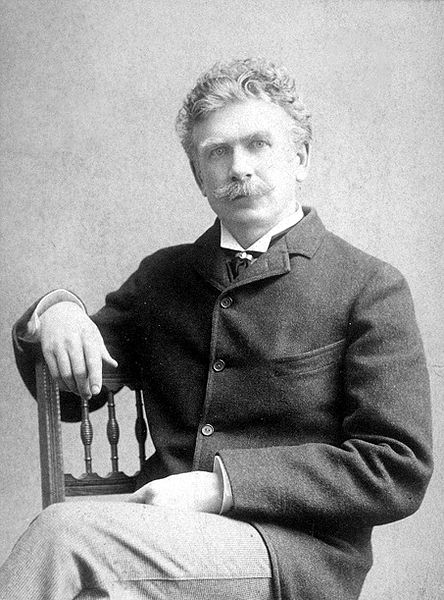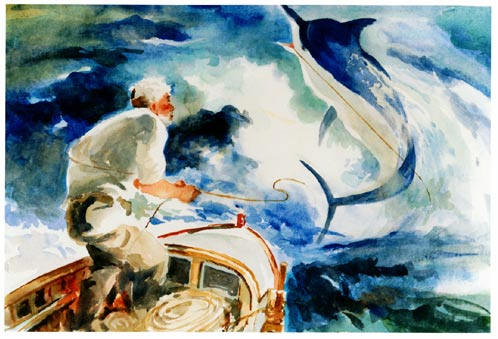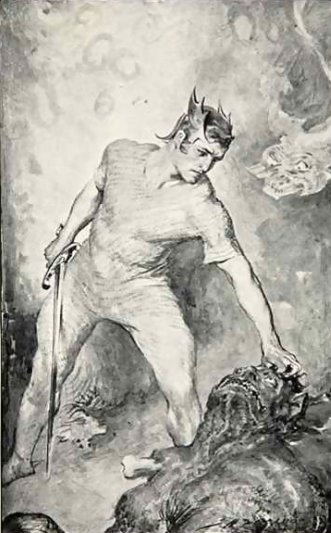Alright. Today’s poem-for-the-common-man is short and sweet. There’s nothing overtly profound about it, but it still manages to tear your heart out. See for yourself:
At the Cancer Clinic
By Ted Kooser
She is being helped toward the open door
that leads to the examining rooms
by two young women I take to be her sisters.
Each bends to the weight of an arm
and steps with the straight, tough bearing
of courage. At what must seem to be
a great distance, a nurse holds the door,
smiling and calling encouragement.
How patient she is in the crisp white sails
of her clothes. The sick woman
peers from under her funny knit cap
to watch each foot swing scuffing forward
and take its turn under her weight.
There is no restlessness or impatience
or anger anywhere in sight. Grace
fills the clean mold of this moment
and all the shuffling magazines grow still.
*******************************
Am I right? The imagery is simple, and yes, it’s got some nice lines. But what makes this poem truly great, in my view, are the seven words that make up that last line: “and all the shuffling magazines grow still.”
Criminy, that’s good! One minute we’re reading some poem where almost nothing happens, and in an instant we’re made part of a crowded hospital waiting room, frozen in admiration of this woman’s courage, or reverently marking her impending death, or silently cheering her fight for life. Or Maybe all of the above.
Sometimes all it takes to give us a little perspective is to watch the right person shuffle weakly down the hall.
Hats off to Mr. Koozer. Anybody else been bowled over by a poem lately?

































